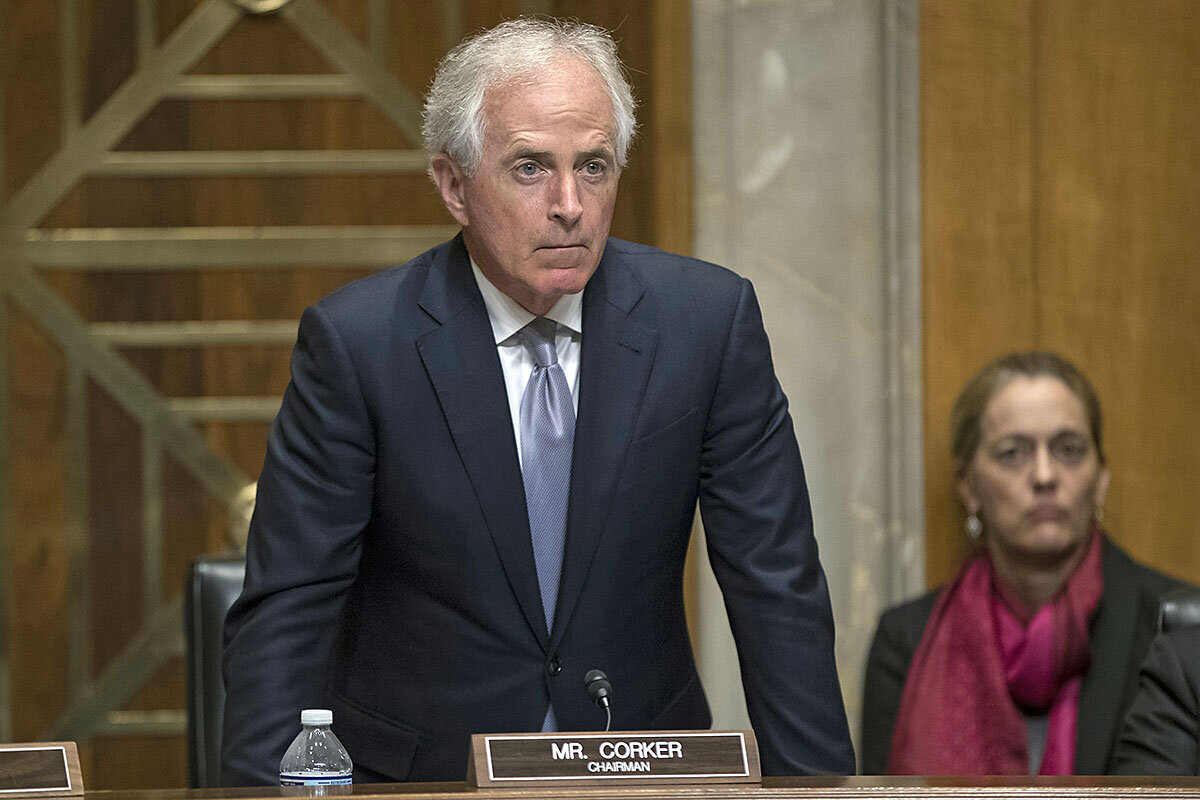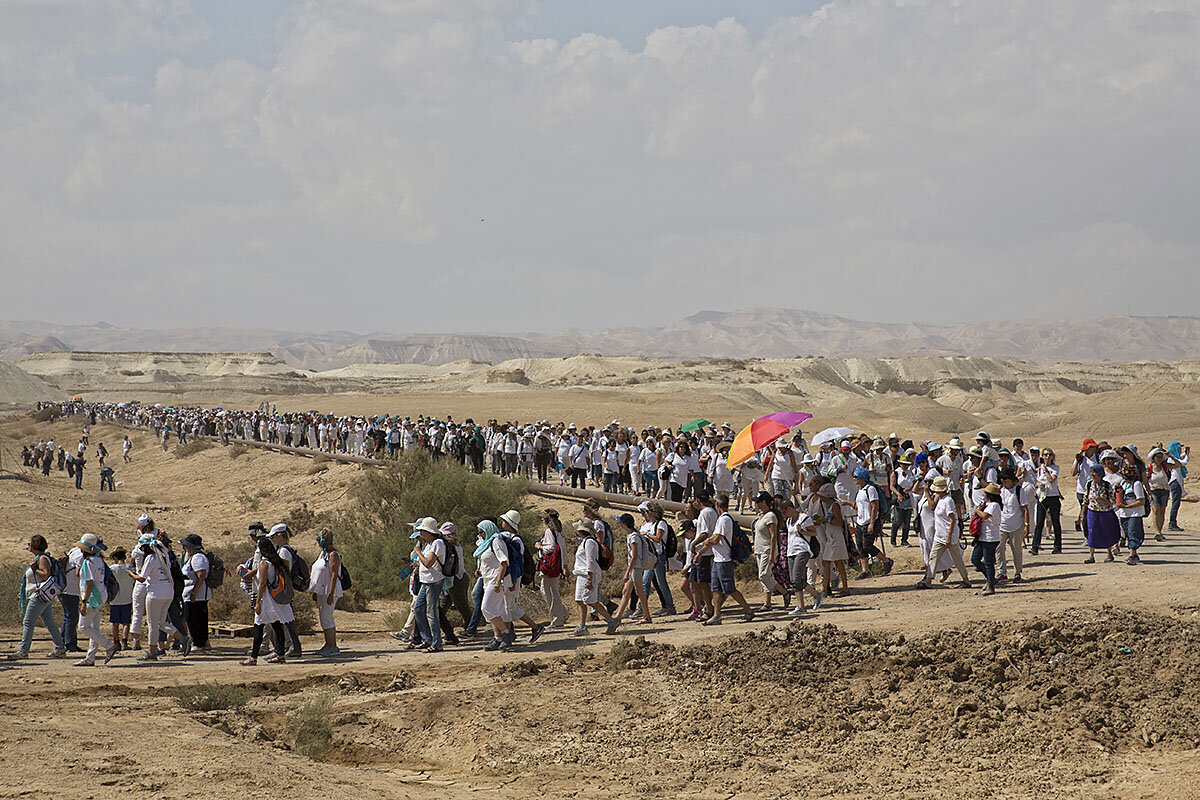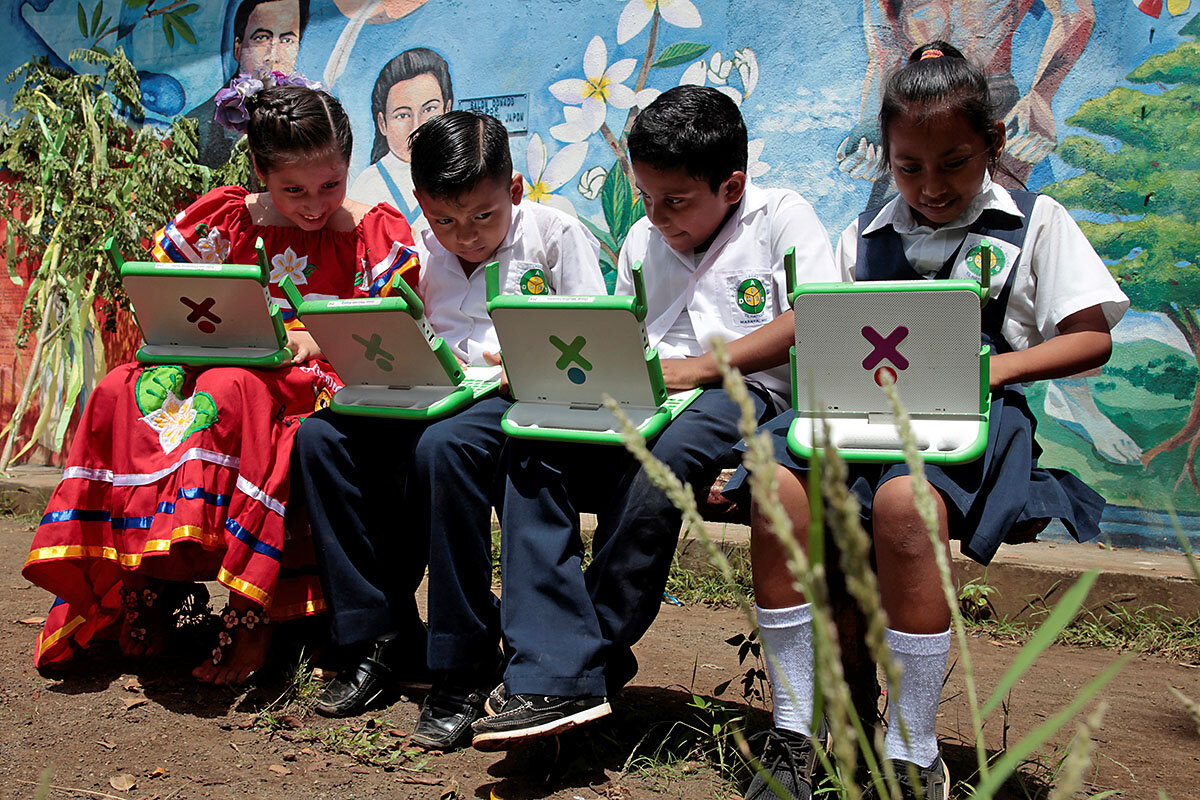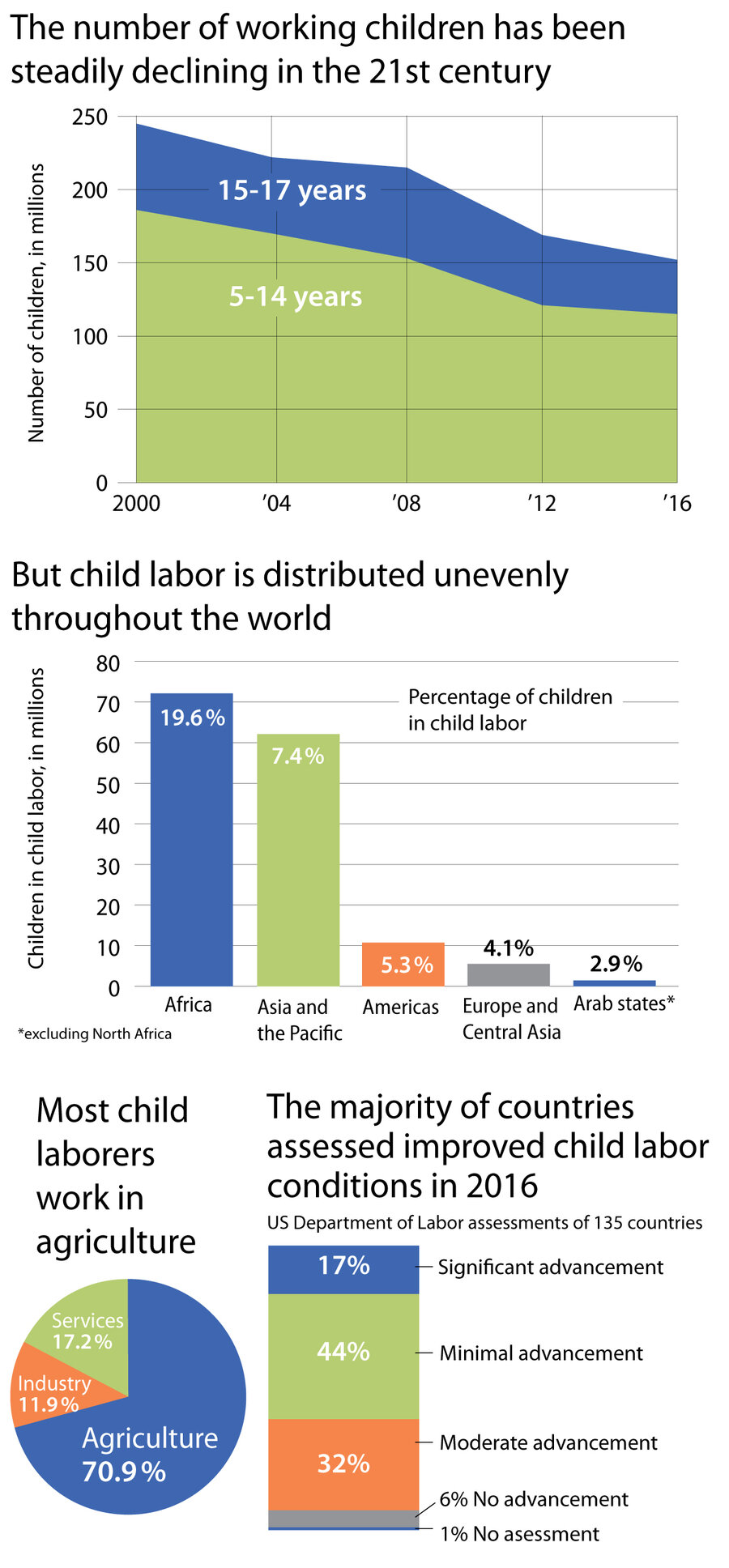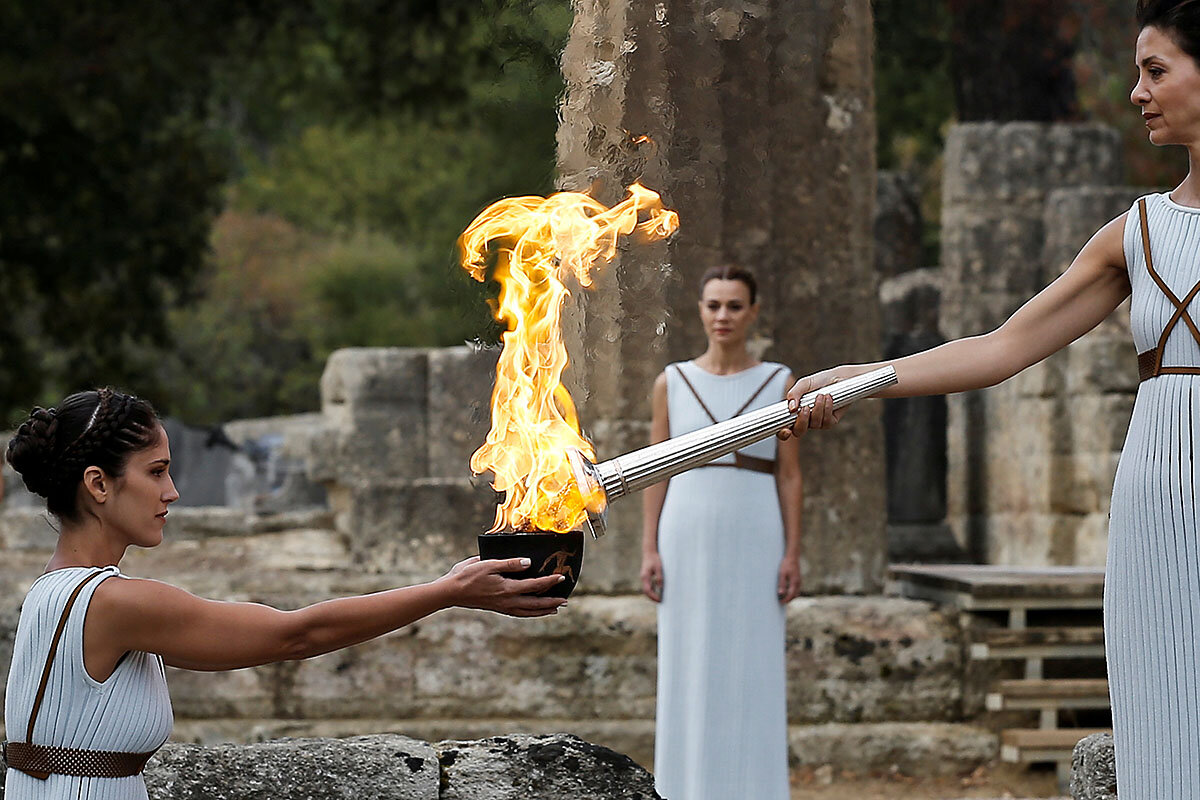Remember "Black Hawk Down"? You’ll recall that Osama bin Laden fled to Africa in the 1990s. Al Qaeda-trained fighters attacked US troops in Somalia. There’s a certain déjà vu quality to the conversation about why US forces are in Niger.
Monitor Daily Podcast
- Follow us:
- Apple Podcasts
- Spotify
- RSS Feed
- Download
 David Clark Scott
David Clark Scott
Jose Altuve is a portrait of persistence.
Yes, there are other really compelling story lines going into Tuesday night’s Major League Baseball’s World Series between the Houston Astros and Los Angeles Dodgers.
But let’s take a moment to appreciate the Astros’ second baseman, all 5 feet, 6 inches of him. Altuve offers a tale of defying physics and a century of slugging wisdom.
How good is he? Altuve is the front-runner for the American League’s MVP. Again. At bat, he seldom misses. On the base paths, he’s fast. In 2014, he led the league in batting average, hits, and stolen bases. The next year, he started doing something players of his size seldom do: He started hitting home runs. Lots of them. You’ve probably heard of long-ball sluggers like Albert Pujols, Hanley Ramírez, and Mark Trumbo. Altuve hit more home runs than each of them did this year.
His teammates attribute his success to persistence. He still works harder than most to prepare for every at bat.
In his native Venezuela, the Astros initially passed on the teenager. Too small. Go home. But he kept showing up at tryouts. In the minors and in the big league, he was continually overlooked. No more.
As the Houston Astros seek to win their first championship, Altuve’s grit, heart, and big bat stand out as a testament to challenging assumptions.





